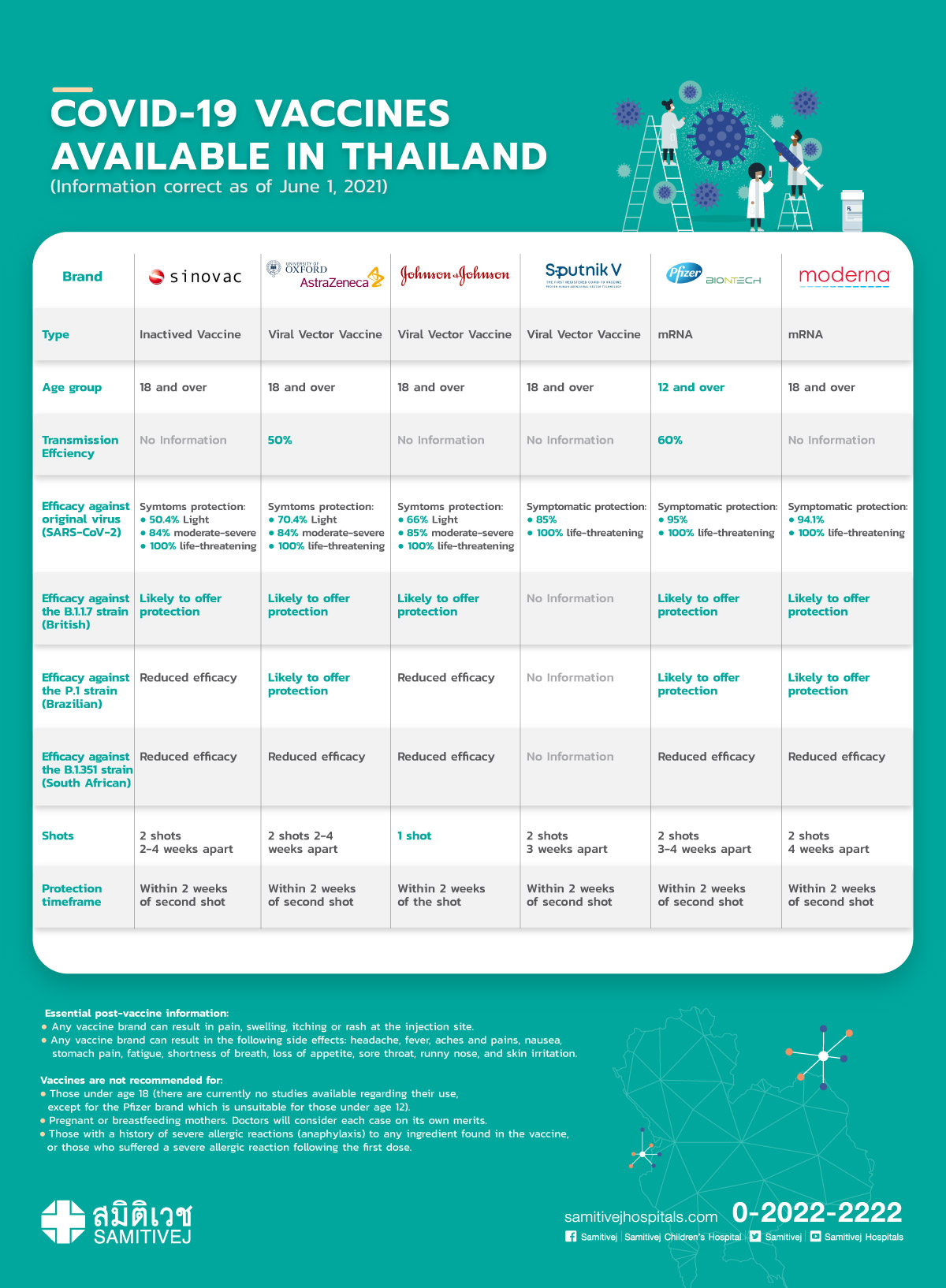The virus is spread among humans via germs contained in droplets of sputum, while its symptoms generally present themselves within 5 days of an infection or within 2–14 days of contact. The most common symptoms are fever, cough, exhaustion, breathing difficulties, aches and pains, joint pain, sore throat, headaches, and cold shivers. However, complications associated with such symptoms may include pneumonia, acute breathing difficulties, and loss of life. As there is currently no known cure for the virus, treatment is focused on relieving or easing symptoms. The government strongly advises citizens to practice the following preventive measures to stem the spread of Covid-19: wash your hands regularly, practice social distancing (especially regarding infected patients), monitor yourself for symptoms, and self-quarantine for at least 14 days if you suspect you may have come into contact with the disease.


